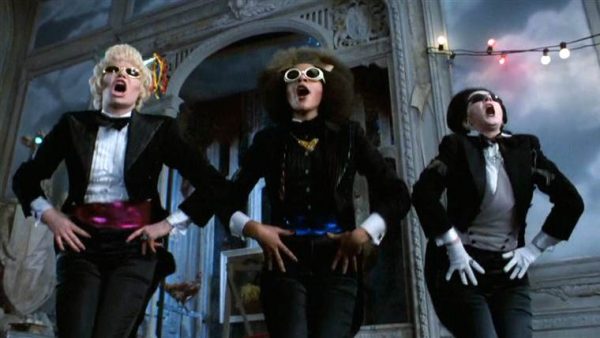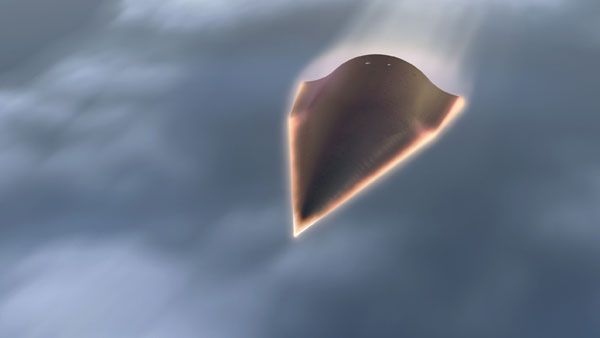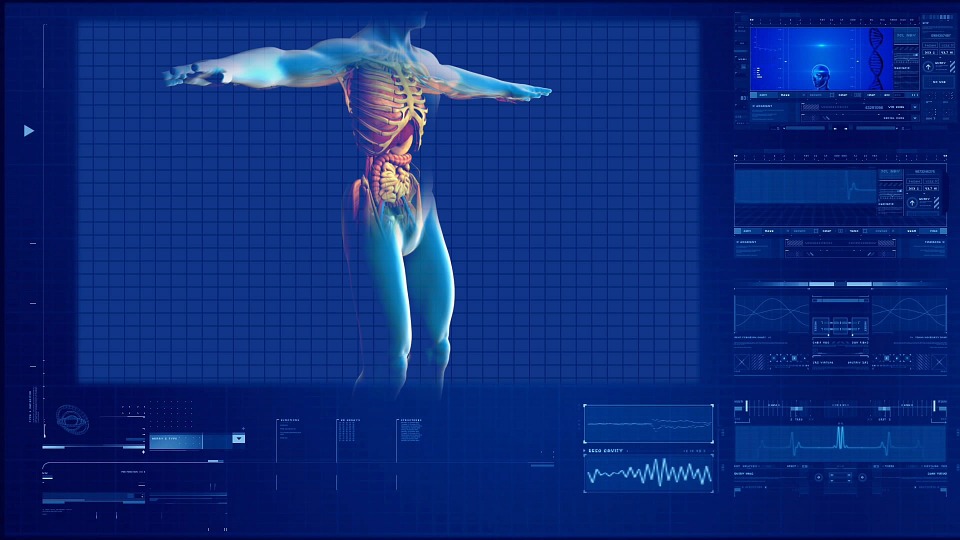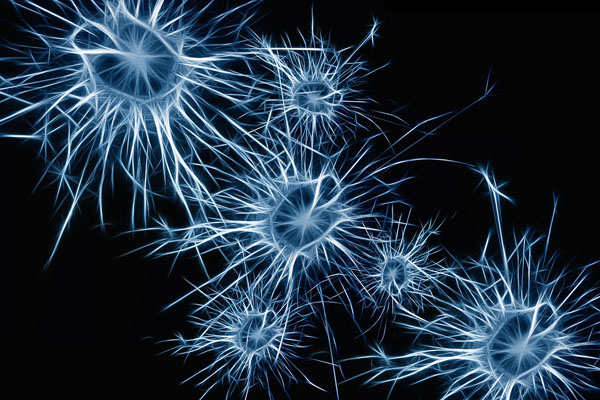FOR WRITERS: Too Much Research?
FOR WRITERS Today’s writer topic comes from QSFer Janet Gershen Siegel: How much research is too much? Writers: This is a writer chat – you are welcome to share your own book/link, as long as it fits the chat, but please do so as part of a discussion about the topic. Join the chat: FB: http://bit.ly/1MvPABV MeWe: http://bit.ly/2mjg8lf












